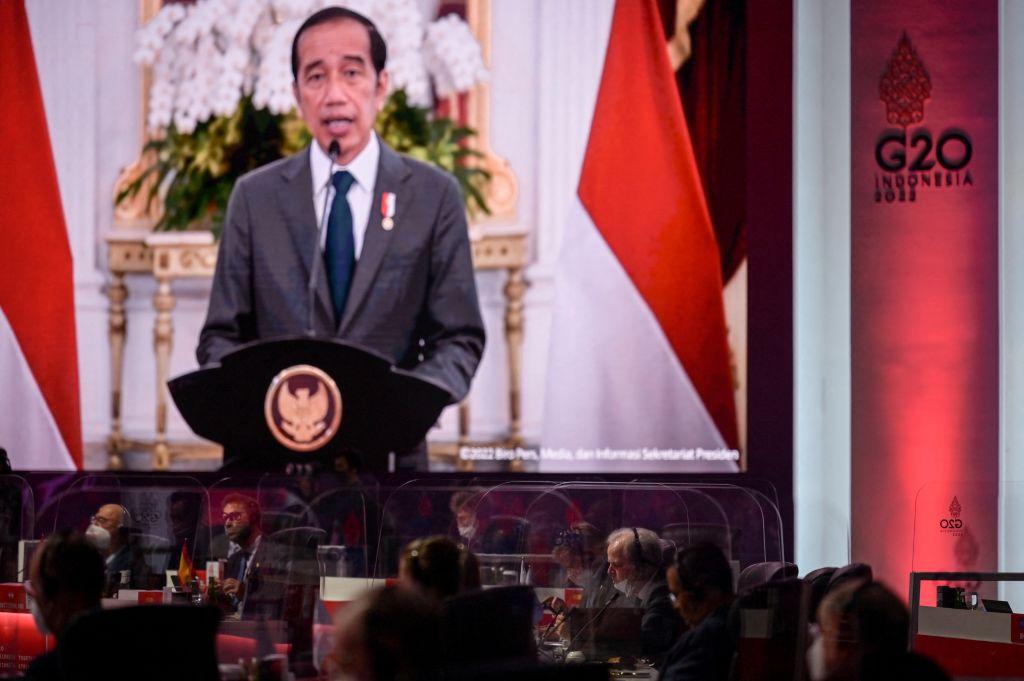Indonesia on Oct. 2 introduced Southeast Asia’s first-ever high-speed railway, part of China’s Belt and Road Initiative (BRI), which will help to connect two of the country’s largest cities.
President Joko Widodo inaugurated the 88-mile rail at the Halim station in Jakarta. The railway connects Jakarta and Bandung, and its trains travel at speeds up to 217 miles per hour, the fastest in Southeast Asia.





